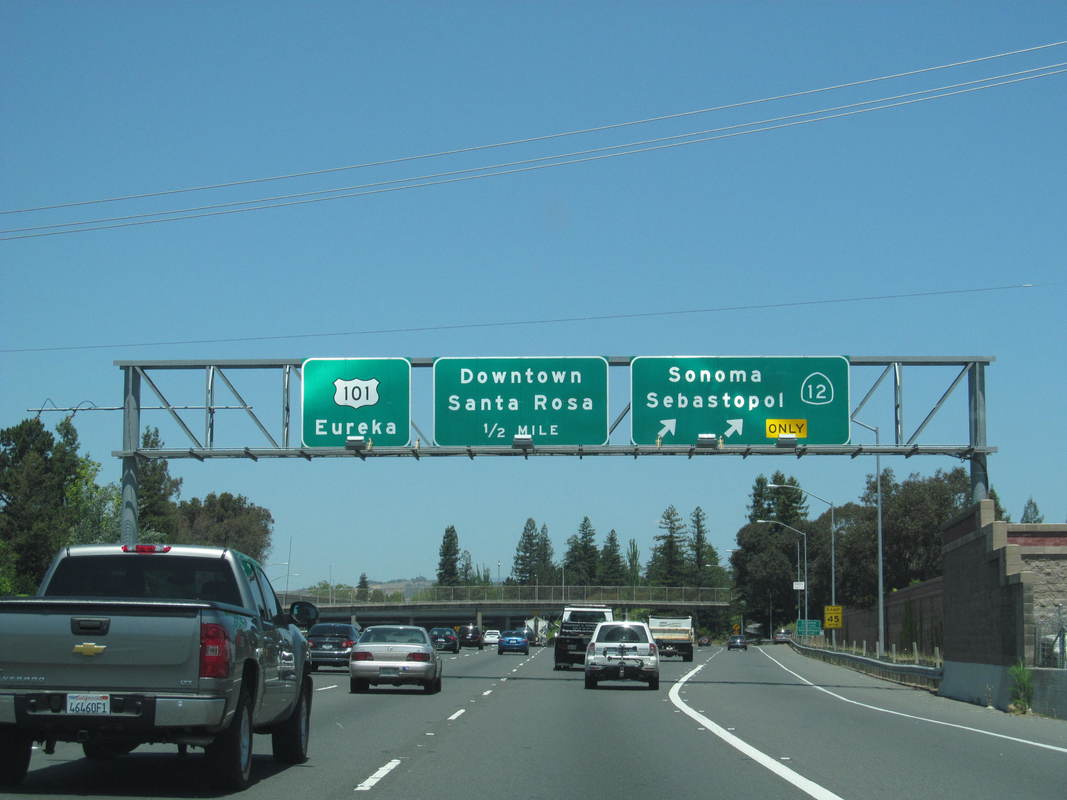|
Jury duty! A civic obligation most of us dread, but one that is sooo important to our system.
The Trial Jury Selection and Management Act. (Code Civ. Proc. § 190 et seq.) spells out the policy that California requires that people selected for jury service[1] be selected at random from the population of the area served by the court, and as relevant here, that all qualified persons have an equal opportunity to be considered for jury service. To that end, it is the responsibility of jury commissioners to manage all jury systems in an efficient, equitable, and cost-effective manner. To offset travel costs, the law states that jurors in the superior court, in civil and criminal cases, are to be reimbursed for mileage at the rate of $0.34 per mile for each mile actually traveled on the way to court after the first day, but effective Jan. 1, 2023, the legislature has increased the amount of travel reimbursement to which a juror is entitled by including all mileage actually traveled returning from court after the first day of service, and provides that all jurors and prospective jurors who have been summoned for jury service must be provided with public transit services at no cost utilizing either of the following options: either (a) a new or existing partnership between the court and a local public transit agency that provides no-cost service for jurors and prospective jurors, or (b) method of reimbursement established by the court to reimburse up to $12 in transit costs. (Of note, because it often comes up, the law provides that, unless a juror is employed by a public entity that pays a regular salary when an employee is serving on a jury, the fee for jurors in the superior court, in civil and criminal cases, is $15 a day for each day’s attendance as a juror after the first day.[2]) _____ [1] People selected for jury service are to be selected at random from sources inclusive of a representative cross section of the population of the area served by the court including, but not limited to, Department of Motor Vehicle records, voting rolls, tax filer lists, customer mailing lists, telephone directories, and utility company lists. (Code Civ. Proc. § 197.) [2] (Code Civ. Proc. § 215 (a).) Comments are closed.
|
AuthorDevina strives to make information relevant to the lives of her clients easily accessible. Archives
July 2024
Categories
All
|
Proudly serving Sonoma, Marin, Napa, Mendocino and Lake Counties (and occasionally venturing as far as Yolo, Santa Clara and San Mateo Counties).
Proudly powered by Weebly
This website is for informational purposes only and does not provide legal advice. Do not act or refrain from acting based on anything you read on this site. Using this site or communicating with the Law Office of Devina Douglas through this site does not form an attorney/client relationship. This site is legal advertising. Please review the full disclaimer for more information. (LINK TO FULL DISCLAIMER PAGE)

 RSS Feed
RSS Feed




